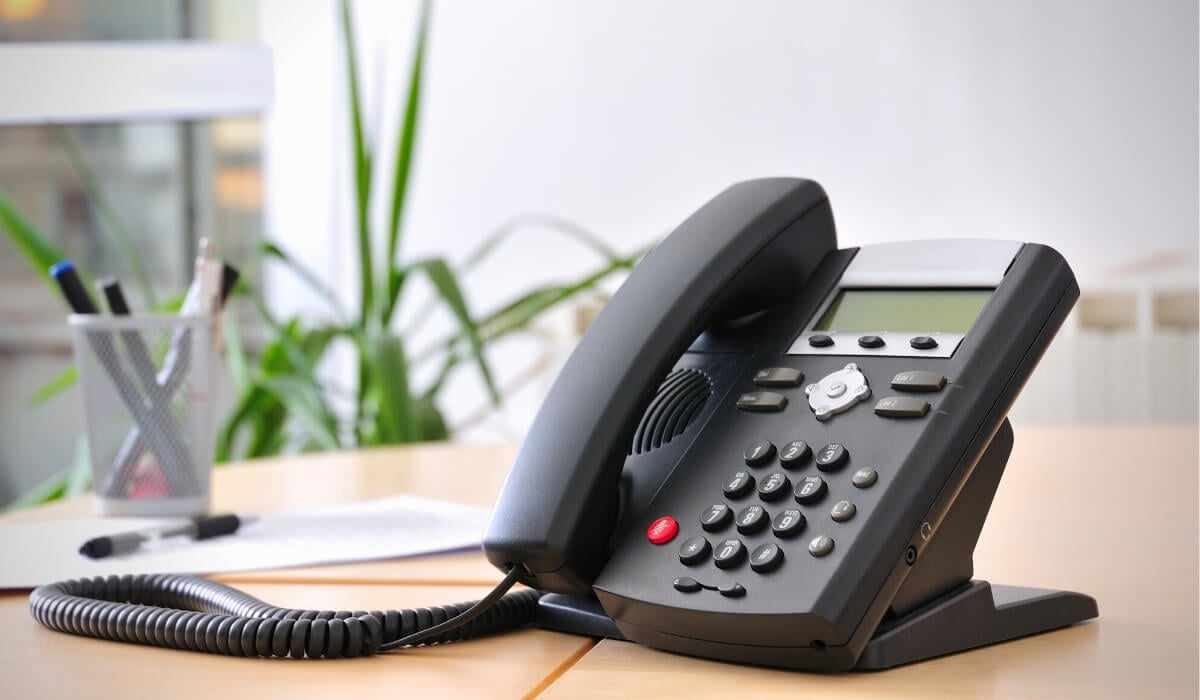Many businesses are already using cloud-based applications and relying on them for their day-to-day operations. This includes office tools such as CRM, email, and unified communications. Top-tier cloud phone service providers follow strict protocols to safeguard data and conversations from security threats. This protects remote and on-site teams alike, no matter where they are located.
Scalability
Creating a cloud phone from Ooma allows users to access their business calls, voicemails, and call settings from any location and device with an internet connection. It is more flexible and affordable than traditional landlines but requires a high-quality business internet connection. Cloud systems are also highly scalable and easily adaptable to business needs. The system can be expanded without wired phones, and new employees can quickly be added to the team. This is an essential feature for businesses that want to keep up with a growing customer base or seasonal demands. A reliable cloud telephony provider will provide an online dashboard and mobile app for centralized control of the business network. It should allow you to configure features such as auto-attendants, call routing, ring groups, and on-hold music. You can even connect the platform to other critical tools in your tech stack and automate routine tasks, reinvesting time into revenue-generating activities.
Flexibility
Unlike traditional phones, cloud systems do not require expensive hardware and instead offer flexible monthly or yearly packages with recurring charges. They also provide multiple integrations for collaboration and support. Top cloud telephony providers follow strict protocols to secure customer data and conversations, ensuring compliance with regulations and reducing risks. They also have an excellent support team for any questions or issues. With a reliable cloud phone system, employees can work from anywhere. They can use their computer’s speakers and keyboard to communicate with customers and colleagues or make calls from mobile devices. The centralized system also makes it easier for supervisors to track employee performance and productivity. Cloud-based solutions can easily integrate with customer relationship management (CRM) software and other business tools, boosting productivity and efficiency. Moreover, they are more secure than traditional phones because they do not store any information on physical servers. As a result, they are less susceptible to disruptions caused by weather events or natural disasters.
Cost
Unlike on-premise systems, which require PBX hardware or adaptors, cloud phone solutions are affordable and have all the necessary business-calling features. Monthly prices usually are less than $20 per user, plus a one-time setup fee and shipping (if using IP phones). You can block calls from unwanted or suspicious numbers with caller ID and other calling features. This protects your team, whether based at the office or working remotely. It also reduces rework and increases efficiency.
With a reliable cloud phone system, your customers can expect uninterrupted service. This ensures your business can be reached and backed up 24/7, even during severe weather or other disruptions that cause traditional telephone services to fail. This is essential for any business continuously communicating with its customers and clients. This is especially true for a business that offers remote work and customer support. For this reason, it’s essential to choose a reputable vendor with a good track record.
Security
Unlike traditional business phones that require on-site hardware, cloud phone systems use virtual connections to transmit data and callers. This means the system can be accessed from any location and is less vulnerable to damage due to severe weather or other natural disasters. Moreover, top cloud phone providers employ security measures such as data encryption, network security, and HIPAA-compliance measures to ensure the safety of users and their communication data. Besides voice calls, cloud-based solutions can support unified messaging, videoconferencing, telephony, and file sharing via business internet connectivity. Additionally, they are highly flexible and can be customized using the online dashboard to implement features like auto-attendants, ring groups, and VoIP extensions. With a cloud phone, your IT team will have more time to focus on higher priorities, and you can avoid expensive infrastructure upgrades. Additionally, a cloud phone allows you to manage your communications from any device with an internet connection, making it easier for employees to stay connected to customers and clients.
Convenience
For businesses that need to expand quickly, the convenience of building a cloud phone for your business is unmatched. Traditional PBX systems require wiring each desk to add new employees, which can take time and be challenging to manage. With a cloud-based system, adding new employees is as simple as logging in and clicking the right buttons. Businesses can also quickly scale up for seasonal demands and reduce their infrastructure without incurring additional costs. This allows them to increase productivity during busy times while reducing the risk of customer churn in slow periods. Cloud telephony is also more stable than traditional phones and will be less likely to fail due to severe weather conditions that might disrupt office access. Additionally, a cloud phone system can connect mobile and remote workers in one network to make collaboration easier.







